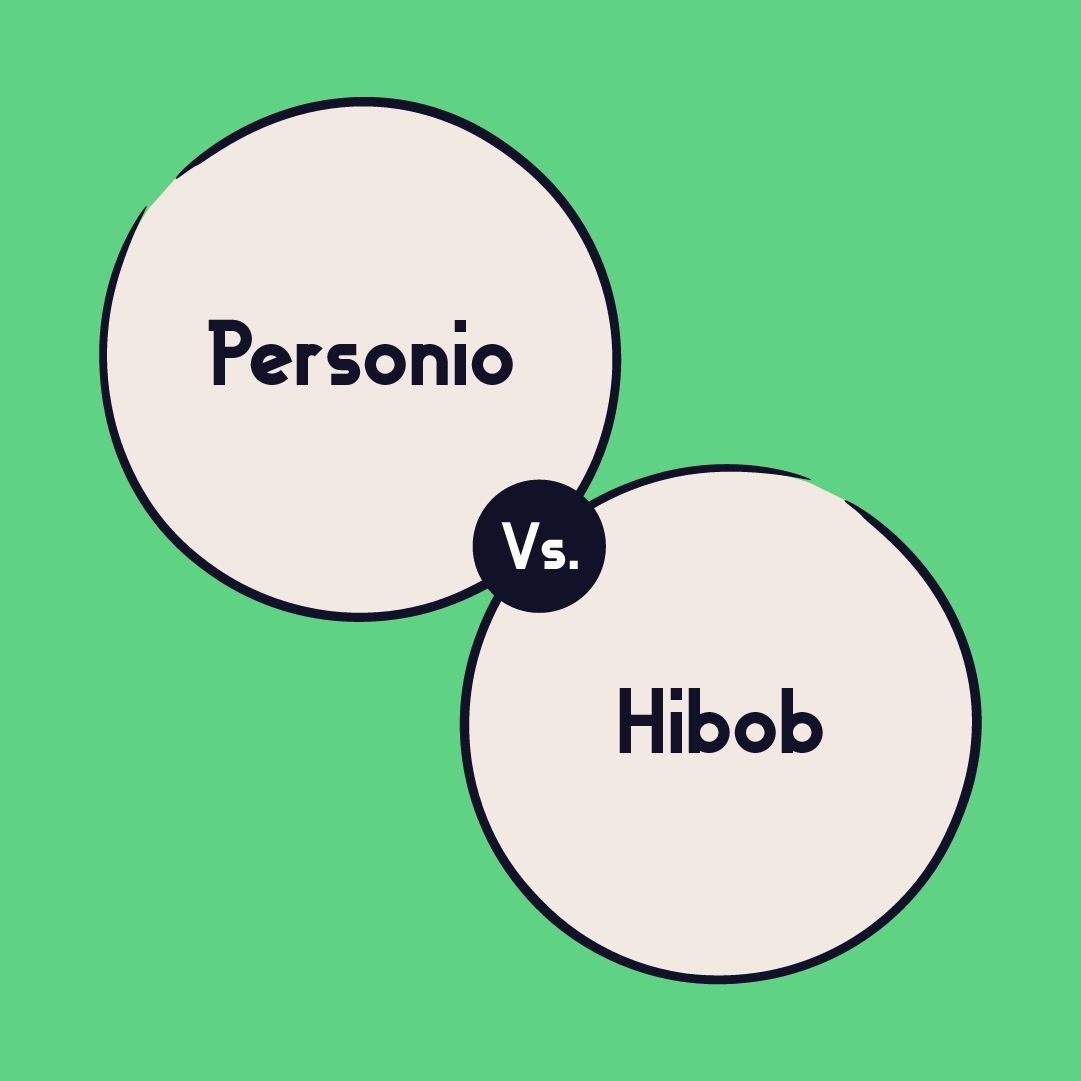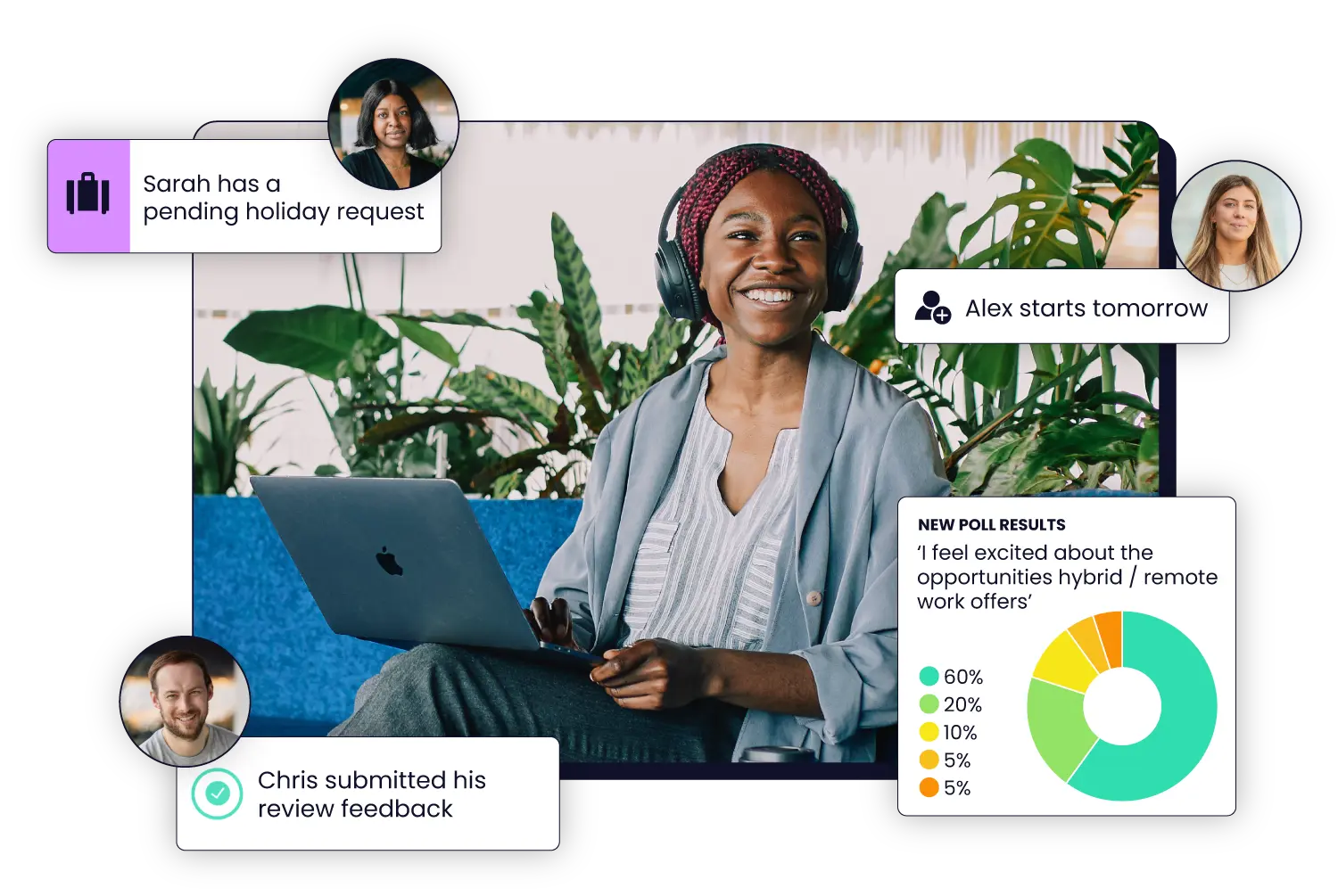Personio:
An all-in-one solution for companies with more than 200 employees
Why Personio might not work for your team
As we mentioned before, we don’t see Personio as the best fit for small businesses looking for a HR management tool. That’s because we’ve had many people switch to Charlie from Personio because of this reason.
Let’s explore some of the reasons why Personio may not be the best all-in-one HR solution for your startup or small business.
Personio can be difficult to use
One of the main issues people have encountered with Personio is that it’s not especially user-friendly and can be hard to use.
For HR professionals that are used to this type of software, this may not be a problem. For employees in a small business, it can be challenging — meaning extra time spent on assistance, support, and troubleshooting. This means you’re often showing employees how to do something instead of spending your valuable time on useful HR tasks.
Like a lot of small businesses, we really appreciate when software is intuitive and easy to use (and have designed Charlie with this in mind). If this is what you’re looking for too, then Personio might not be the best choice for you.
Personio has a long set up time
HR representatives (and wearers of many hats alike) say that Personio offers a great experience and can help streamline daily tasks. However, they’ve also admitted that the setup was complicated and time-consuming. When you’re part of a small business and have a long list of responsibilities, this isn’t ideal.
Not only does Personio require setup assistance (along with a fee), you’ll also need to train your team members on how to use it. You can’t get started on your own, figure it out, and then give people a quick walkthrough on how it works. This puts a strain on your already full work schedule and makes it a difficult choice for busy people responsible for HR.
Personio’s pricing isn’t transparent
While Personio used to publicly display pricing for their plans, this information is now hidden behind a demo. This means you can’t know how much you’d pay for the platform until you’ve booked a personal demo with a sales representative.
This process is time-consuming — especially when you’re in the early research stages. You just want a rough idea on the monthly cost and what each plan or package includes. Unfortunately, to get this information you’ll need to sit through a demo.
Personio has streamlined their packages into two simple plans — Core and Core Pro. The features are similar, but with the Pro version you gain unlimited legal entities, document management, and esignature workflows. As a small business, you’re unlikely to need these upgrades.
HiBob:
A culture-focused solution for businesses of any size that are experiencing growth













